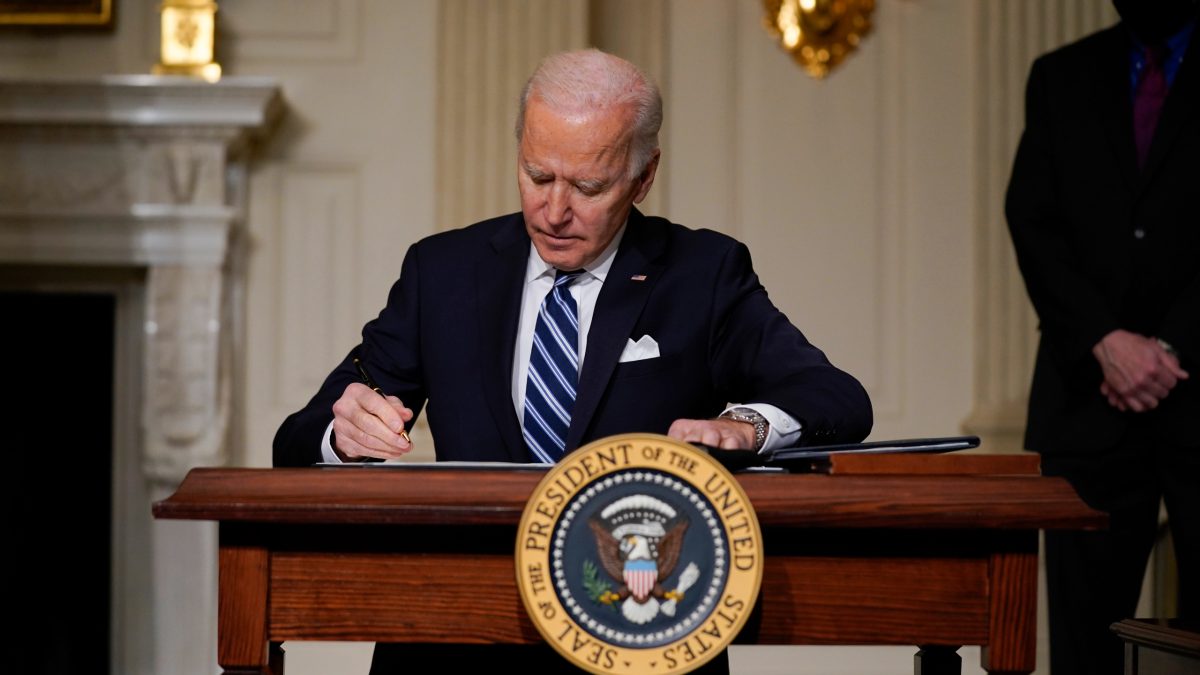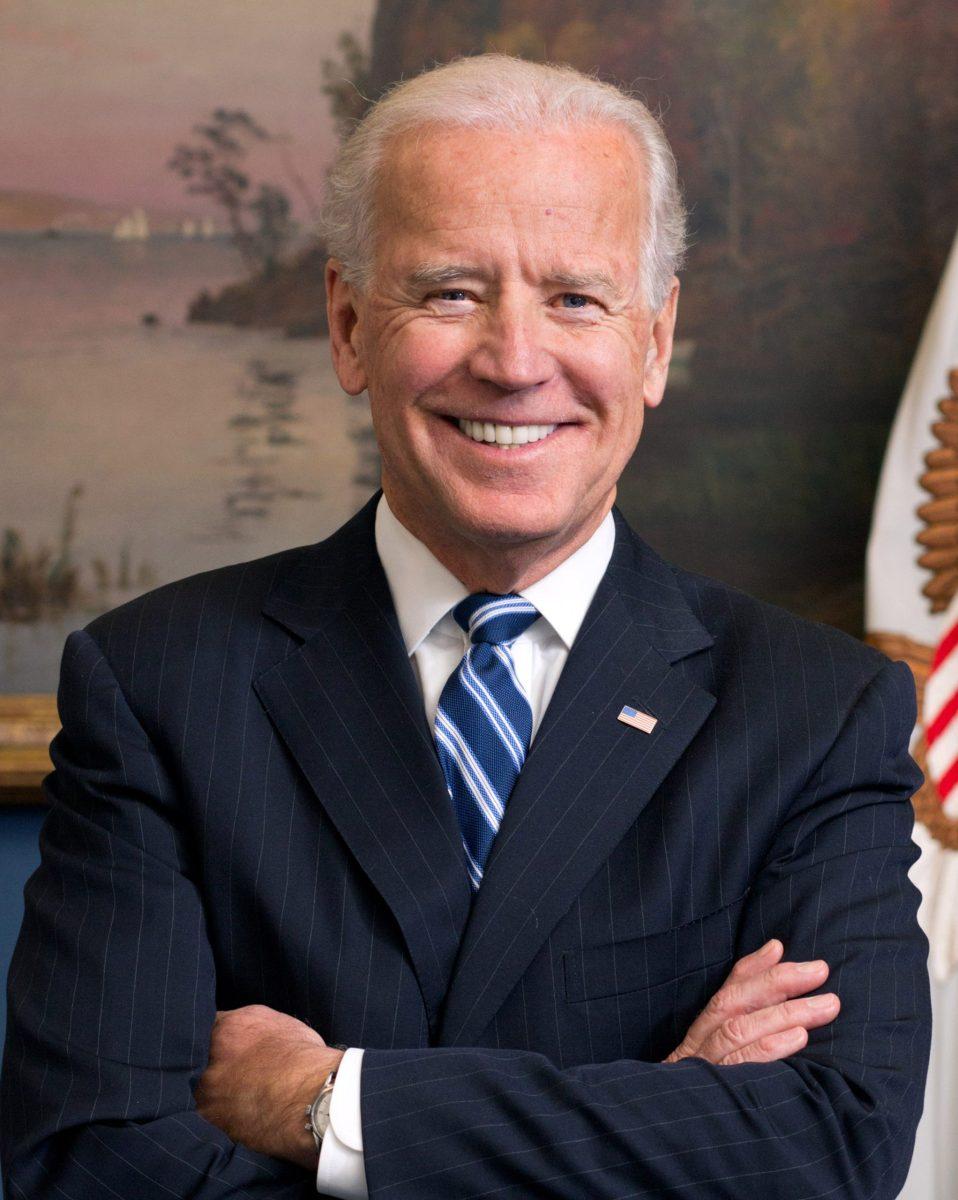[one_third]Liberal – Colin Bayne
The First Amendment has been interpreted by the Supreme Court clearly and regularly over the years and they have been very consistent in their rulings. Hateful and offensive speech is clearly protected by the Constitution, and the government has no right to restrict it simply because it offends people.
However, ‘free speech’ is already curtailed in our society. We are not allowed to shout “fire” in a crowded room. False accusations against someone can be libelous or otherwise criminal. In addition, the court has also consistently ruled that speech which is an incitement to violence is also not protected speech.
None of this describes simple offensive comments or words. There is no legal justification for curtailing people’s rights to say such things. However, free speech does not guarantee a platform, and just because something is legal and allowed does not mean we have to accept it or condone it in practice.
Hateful ideologies often hide behind free speech to decry others’ attempts to silence them. However, just because people have a right to say things does not mean we have to let them do it without consequence or limit on their reach. This is why deplatforming and protesting promoters of hate speech and hateful ideologies are essential in maintaining a healthy public discourse, and it’s why everyday allies need to stand up for marginalized communities who are victims of the majority of hateful speech.
Legally curtailing free speech has many unpleasant implications, as it puts the power into the hands of the state to define and suppress speech which it may deem as hateful. This strips us of our essential freedom of expression. However, because the state cannot be the ones to enforce speech norms, we must take it upon ourselves to do so more seriously than ever.
Keep an eye on local hate groups and see when they march or demonstrate. Urge any organization giving them platforms to revoke them, and protest them whenever possible, with whatever means necessary. We all need to do our part to police the hate among us, and we should have no tolerance for hate speech and hateful ideologies.
[one_third]Independent– Daniil Ivanov
The First Amendment protects speech as a whole, but in the last 200 years American legislature has agreed that certain types of speech are not permissible.
Defamation law, for example, protects people harmed by the effects of misinformation. Laws also offer punishments for those who commit a hate crime—a crime against someone in a protected class specifically because of a prejudice.
Combining the two ideas of protection from certain types of speech and hateful action has been proposed. Creating legal protections from hate speech, or speech against a protected class, has been offered as a way to squash prejudices and keep harmful ideas out of the public eye.
One issue I see here is how such language will be qualified and then monitored. Would a racy or “edgy” joke that shares all qualities of hate speech but has a markedly different tone be considered hate speech? What about sarcasm?
There also comes the major issue of effectiveness: would banning hate speech actually stop hate? I would argue that the Ku Klux Klan and other hate groups most likely do not get their membership from public protests and displays of hatred, but rather from interpersonal relationships and spending time around likeminded people. Though banning a rally might seem like a good way to promote peace, it would likely solve nothing and do more to infuriate people and make them feel that their rights are being taken away.
Banning words based off an arbitrary list of who should or should not be protected by the government is in no way effective. Banning hate speech is fundamentally unmanageable and a poor solution to a more complicated issue.
Hate is erased from a society through opportunities in schools and the workplace. Having a diverse neighborhood, a multicultural school system and a mixed workplace works to negate stereotypes and supports a peaceful environment. Anti-segregation, hate crime and workplace discrimination laws have created the foundation for peace and understanding, and we should be more focused on proper implementation and effectiveness of those laws rather than attacking the right to free speech.
[one_third]Conservative – Mark Pothen
To put it bluntly, of course, the First Amendment should protect language deemed to be hate speech. In an interview done last year regarding free speech, Jordan Peterson, a professor of psychology at the University of Toronto and a controversial critic of political correctness, was asked “Why should your right to freedom of speech trump a trans person’s right not to be offended,” a question to which he promptly replies, “Because in order to be able to think you have to risk being offensive.”
This interaction best encapsulates the problem with the left’s logic in their new fight to broaden the definition of hate speech. Instead of taking the standard that the American people have held for years, they have opted to instead use a standard that incentivizes oversensitivity to everything in order to silence people that disagree with them.
This oversensitivity has reverberated onto many college campuses. For example, two years ago when the notable white nationalist Richard Spencer was invited to speak at the University of Florida by a group of students, the university asked the Governor to declare a state of emergency, an action which is usually reserved for hurricanes. They were preparing for riots in the streets, but the speech had very low attendance and the university elevated the popularity of a person who clearly has a terrible world view by attributing hurricane-level importance to him.
The problem is that the left will then put mainstream conservatives like Ben Shapiro and Allen West in the same boat as Spencer to castigate their beliefs as evil. DePaul University even went so far as to threaten to arrest Shapiro if he were to step foot on campus. When you juxtapose DePaul’s reaction with UC Berkeley, the latter being a public school that had to spend $600,000 on security because of violent reactionary protests from the left, you can see how the oversensitivity to purported hate speech can potentially lead to violence.
More speech is better than less speech; allowing people to speak even if they’re supporting ideas that you vehemently disagree with allows for their ideas to be challenged in the court of public opinion. Regulating speech through the lens of people who are clearly not in favor of free speech is a slippery slope that will lead to the end of polite argument and conversation.
































